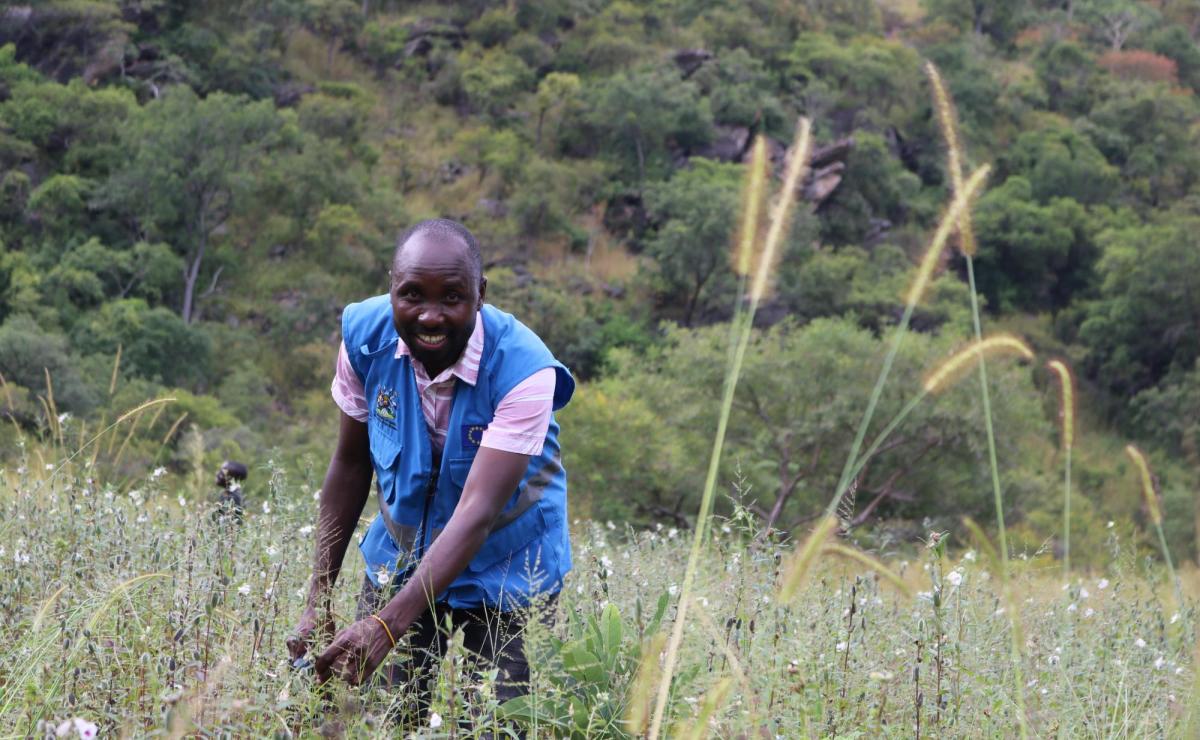How LEWA project is boosting sesame production in West Nile and Acholi

After realising the potential of the Acholi and West Nile subregions becoming a powerhouse as far as oil seed production is concerned, a consortium of three non-government organisations and a private sector company came in to empower the communities to increase their production.
Led by the Lutheran World Federation (LWF) Uganda, the organisations, including the Dunchurch Aid (DCA), Uganda Pentecostal Medical Bureau (UPMB), and Mukwano Group of Industries are implementing the Livelihoods Initiative for West Nile and Acholi (LEWA) project under the Development Initiative for Northern Uganda (DINU) program funded by the European Union (EU) through the Office of the Prime Minister.
Mr Hassan Okiring, the project manager, says the project is currently running in the nine districts of Adjumani, Obongi, Moyo, Yumbe, Maracha, Koboko, Arua, Madi Okollo and Lamwo in West Nile and Acholi subregions
“In these districts, we are specialising in sesame seeds growing. We support the farmers with sesame foundation seeds to produce the desired seed quality and create a seed supply system within the community. Mr Okiring says.
“For example, we currently have about 28 groups in Moyo District and 19 Obongi, which we have given foundation seeds,” he adds.
The groups are given the seeds at the beginning of each planting season, which they are tasked to multiply and sell to other farmers in the community to scale up production.
“By the end of the three-year project, farmers in the said districts and other parts of West Nile and entire northern Uganda will be able to generate a system where they can access the seeds locally and also engage in large-scale oil crops production,” Okiring says, adding, “We have also created linkages between the farmers and other national agricultural organisations such as National Agricultural Research Organization (NARO) – Kabanyolo, where they can continue to access quality seeds even after the project has ended.”
The project managers work closely with district agriculture officers up to the sub-county level.
“We believe by creating this type of system where the farmers and the agricultural officials directly link with these research stations, the farmers will sustain production even without the intervention of this kind of project.
Each group received 10kgs of sesame seeds, which they cultivated.
“In the previous season, we realised a 15 per cent increase in production for the sesame farmers. We even expect better harvest this season because farmers were given more subsidies. For example, the project helped them to access land,” Okiring reveals.
The project convinced and supported more landlords to release land to the groups to engage in more production.
As one of the oil crops in the region, Okiring says, sesame has grown in leaps and bounds after the project intervention.
“When you look at the viability of sesame production and generally oil crops in this region, you realise that it is one of the most enterprising and marketable businesses in the area. We now have many other actors involved in sesame value-addition here in West Nile. We have buyers from as far as Lira and South Sudan,” he says.
So far, the project has distributed about two tonnes of sesame foundation seeds to about 28 groups in Moyo and 19 groups in Obongi districts.
In return, the groups have since produced over 18 tonnes of sesame in the last three years of the project implementation. Mukwano Group of Company, one of the leading oil producers in the country, also offers ready market at favourable prices.
-END-

